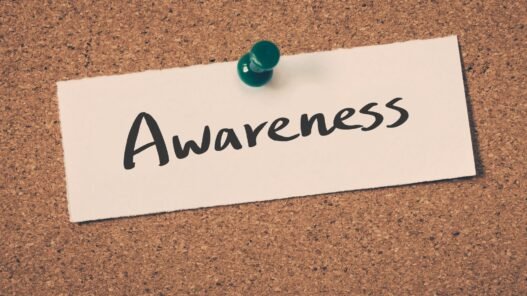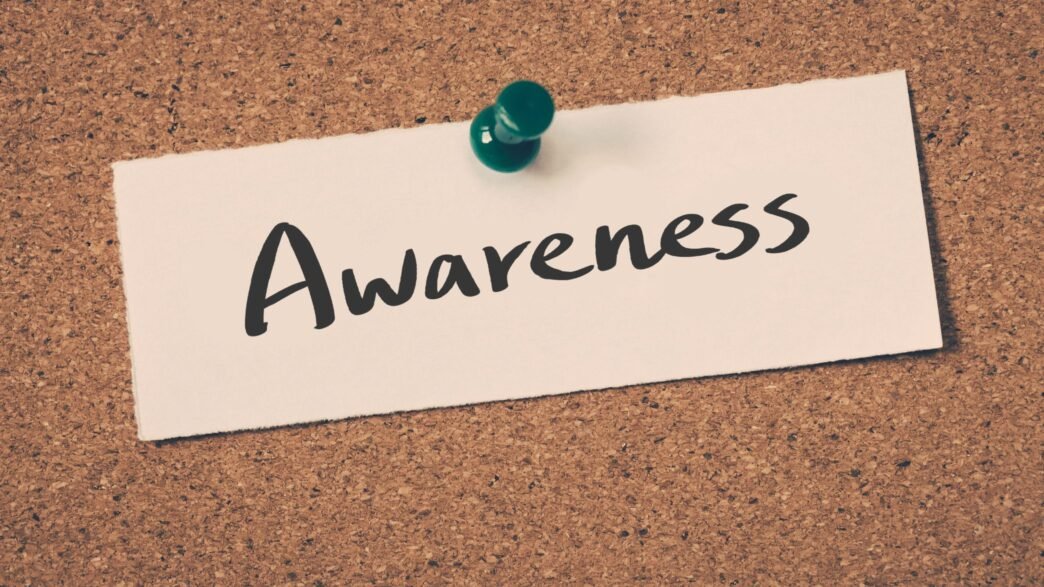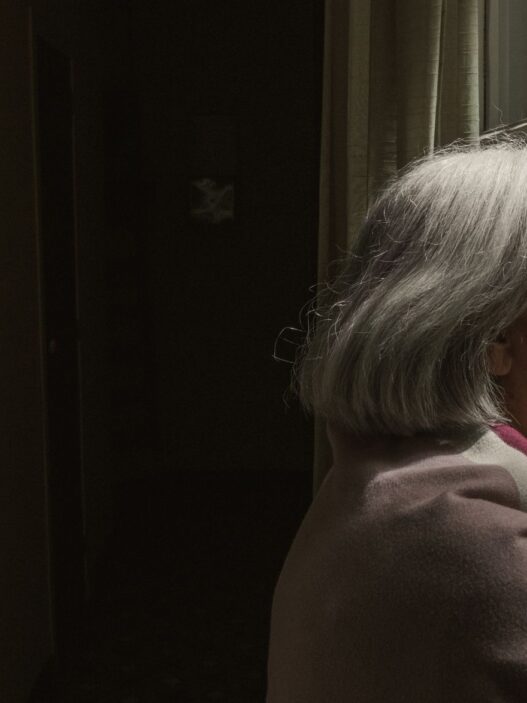Mental health awareness has come a long way in recent years. Schools, workplaces, and social media platforms are filled with messages about the importance of mental health. But is awareness alone enough to address the mental health crisis? According to experts, the answer is no.
In an insightful article from The Daily Mississippian, the author reflects on the mental health challenges facing today’s youth and explains why just raising awareness isn’t solving the problem. To really make a difference, more needs to be done to support those struggling with mental health issues.
Why Awareness Isn’t Solving the Problem
It’s important to talk about mental health because it helps remove the stigma around conditions like depression, anxiety, and more. However, awareness campaigns often don’t provide real solutions for those in need. Knowing that mental health is important is great, but for someone who is struggling, they also need tools, resources, and support to actually get better.
For example, many people may understand that depression is a serious issue, but they might not know how to access affordable therapy or find help when they need it. Without action, simply knowing about mental health doesn’t necessarily lead to better outcomes for individuals.
What We Need to Do
The article explains that, while talking about mental health is the first step, we need to go beyond awareness to create real change. This includes:
- Providing more mental health resources: Schools, communities, and workplaces should offer more resources, like free counseling services or stress management programs, to help people take action when they need it.
- Improving access to mental health care: Mental health care is often expensive or hard to access. To help more people, there need to be more affordable options, like sliding-scale therapy or telehealth services, where people can talk to a therapist online.
- Supporting each other: It’s not just about getting professional help. Friends, family, and communities should be more involved in supporting people who are struggling. Offering a listening ear, encouraging someone to seek help, or being patient with their struggles can make a big difference.
Taking the Next Step
Mental health awareness has opened the door to important conversations, but real change will only happen when we move beyond talking and start taking action. Everyone—from governments to schools to individuals—needs to focus on creating a supportive environment that encourages seeking help, provides resources, and removes the barriers to mental health care.
The article challenges us to ask: What can you do to take the next step in supporting mental health? Whether it’s advocating for better services or just checking in on a friend, action is what will ultimately make the difference.























